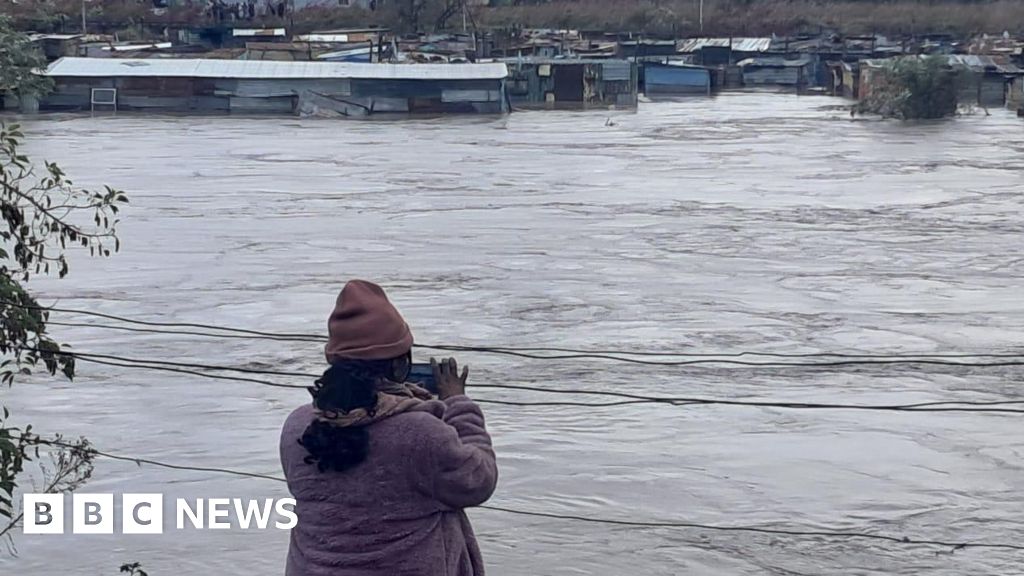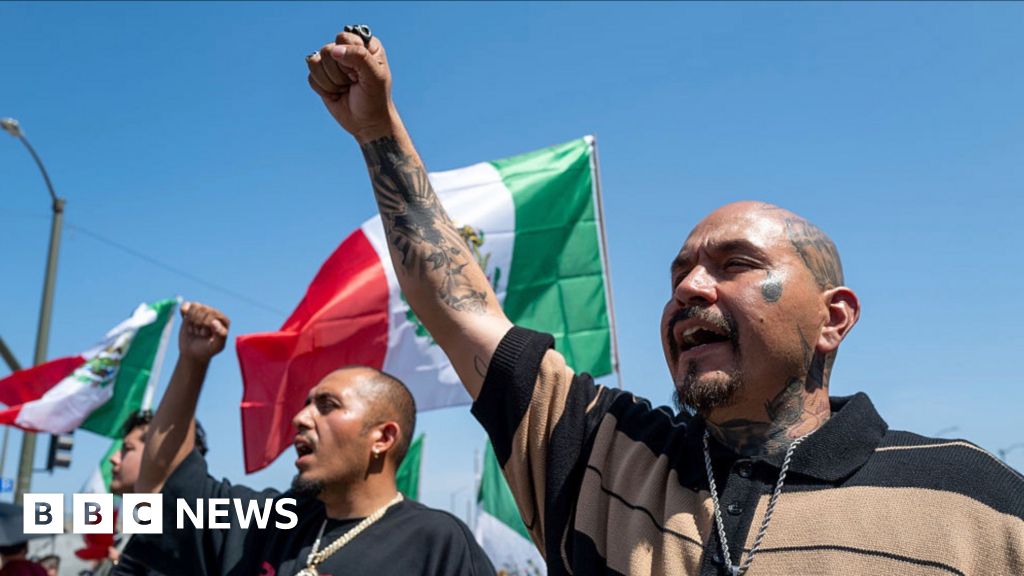ARTICLE AD BOX
Image source, Getty Images
Image caption,Singer Billie Eilish's surname is pronounced "EYE-lish"
If you've been stumbling over how to say "Omicron" or the pop singer Billie Eilish's last name, you're not alone.
Because they've made a list of 2021's most commonly mispronounced words.
A survey has identified which words and names were the most tricky for newsreaders and people on TV to pronounce this year.
It was compiled by the US Captioning Company, which provides subtitles for live events on TV and in courtrooms.
They found Omicron had proven especially challenging.
The new Covid variant, named after the Greek letter O, is supposed to be pronounced "OH-mee-kraan" or "AH-muh-kraan", depending if you are in the UK or the US, according to the list.
And many newsreaders were also mispronouncing Eilish's name, which is said like "EYE-lish".
Some of 2021's most commonly mispronounced words:
- Stefanos Tsitsipas (STEH-fuh-nohs TSEE-tsee-pas) - the world number four tennis player who reached this year's French Open final
- Cheugy (CHOO-gee)- a slang term used to describe, and dismiss, anything seen as hopelessly uncool or unfashionable
- Glasgow (GLAHZ-go) - the host city of the COP26 climate conference was mispronounced by both Joe Biden and Barack Obama
- Yassify (YEAH-sih-fai) - a popular beauty filter trend
- Ever Given (Ev-er GIV-en) - the name of the ship that blocked the Suez Canal was often mistaken for "Evergreen", the company who owned the vessel whose name was printed on its side
- Dogecoin (DOHJ-coin) - the cryptocurrency popularised by Elon Musk
Pronunciations provided by Babbel
Last year's batch included the surname of US infectious disease expert Anthony Fauci (FOW-chee), and the first name of US Vice-President Kamala Harris (CAW-ma-la).
The survey was commissioned by language learning app Babbel. Esteban Touma, a Babbel Live teacher, believes one reason for the mispronunciations is that many of the words aren't English.
"As a language teacher it's always interesting to see that some of these terms are usually new colloquialisms, or are rooted or borrowed from another language," he says.
"And as a non-native speaker, I must confess it's fun to see English speakers stumbling a bit for a change."
How do you say 'Omicron'?

 3 years ago
66
3 years ago
66








 English (US) ·
English (US) ·